Photo

For full thing click thru to the AO3 link or you can see the super high qual version on Flickr. Who knows the fate of this on Tumblr. PUT ALL THAT SKIN AWAY BUCKO.
3K notes
·
View notes
Photo

Birthday gift for @velociraptorerin. Cause everyone needs a good hug every once in a while. <3
#this is so beautiful it hurts TT_TT#captain america#winter soldier#bucky barnes#steve rogers#natasha romanoff#black widow#sam wilson#falcon
3K notes
·
View notes
Text


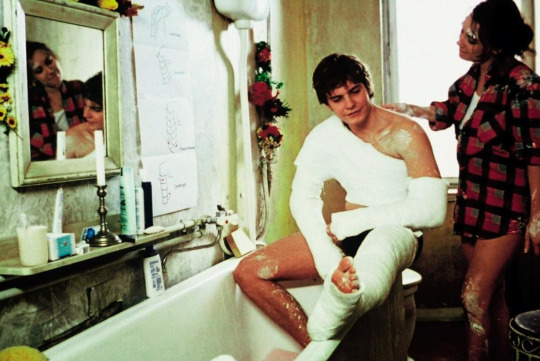
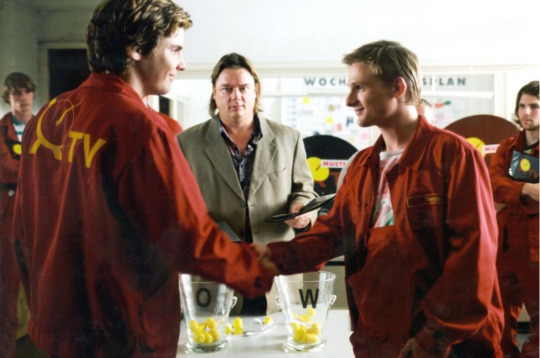




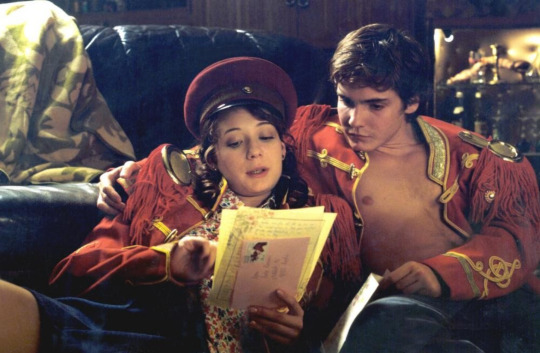
Beautiful film stills from Good Bye, Lenin! (2003) with Daniel Brühl as Alexander Kerner.
66 notes
·
View notes
Text
“She is a beautiful piece of broken pottery, put back together by her own hands. And a critical world judges her cracks while missing the beauty of how she made herself whole again.”
— J.M. Storm
308 notes
·
View notes
Text
“In the beginning the Universe was created. This made a lot of people very angry and has been widely regarded as a bad move.”
— Douglas Adams
#douglas adams#the hitchhiker's guide to the galaxy#the restaurant at the end of the universe#comedy#books
97 notes
·
View notes
Photo


“IT’S A SWORD, IT’S NOT MEANT TO BE SAFE.”
My favourite scene from The Hogfather.
___
See how this comic was made here.
151K notes
·
View notes
Text
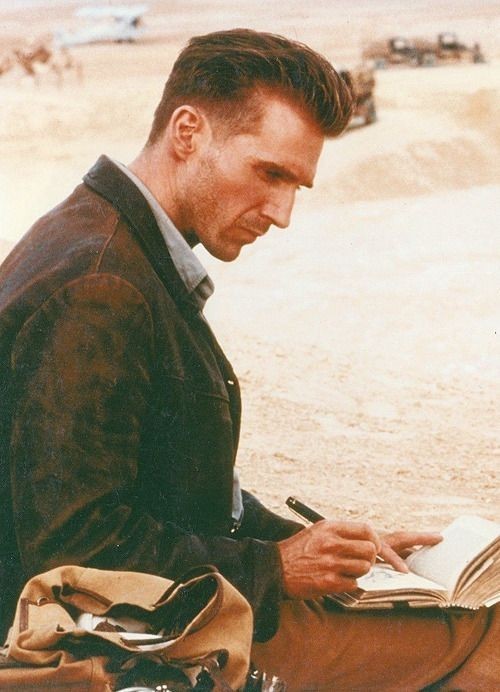


#ralph fiennes#the english patient#guys and books#guys reading#men reading#brainy is the new sexy#brainy is sexy#reading is sexy
74 notes
·
View notes
Photo







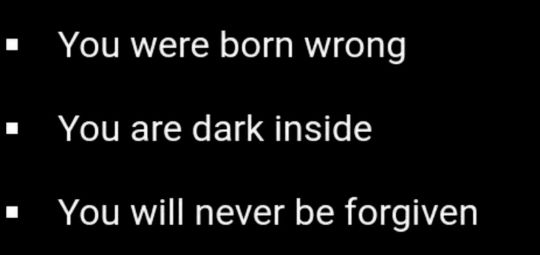

MY GUILT IS AN OCEAN FOR ME TO DROWN IN.
Slaughterhouse, Yves Olade / Fallout 4 / Apocalypse Logic, Elissa Washuta / Little Red Riding Hood Addresses the Next Wolf, Brenna Twohy / The Song of Achilles, Madeline Miller / Altered Carbon (2018) / Mercy, Yves Olade / Unknown / Crime and Punishment, Fyodor Dostoevsky / Everything Everything, Nicola Yoon
1K notes
·
View notes
Text

Kreizler's theories
Rarely have I felt so strongly the truth of Kreizler’s belief that the answers one gives to life’s crucial questions are never truly spontaneous; they are the embodiment of years of contextual experience, of the building of patterns in each of our lives that eventually grow to dominate our behavior. Was Theodore—whose credo of active response to all challenges had guided him through physical sickness in youth and political and personal trials in adulthood —truly free to refuse Kreizler’s offer? And if he accepted it, was I then free to say no to these two friends, with whom I had lived through many escapades and who were now telling me that my extracurricular activities and knowledge—so often dismissed as useless by almost everyone I knew—would prove vital in catching a brutal killer? Professor James would have said that, yes, any human being is free, at any time, to pursue or decline anything; and perhaps, objectively, that is true. But as Kreizler loved to say (and Professor James ultimately had a hard time refuting), you cannot objectify the subjective, you cannot generalize the specific. What man, or a man, might have chosen was arguable; Theodore and I were the men who were there.
The Alienist, 1997
Caleb Carr
3 notes
·
View notes
Photo


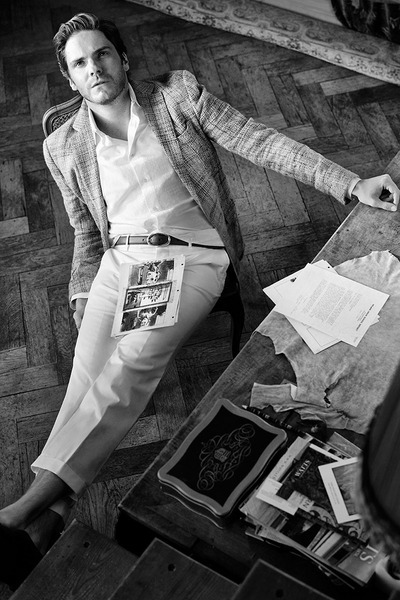






Daniel Brühl by Tomo Brejc for Esquire UK
477 notes
·
View notes
Photo
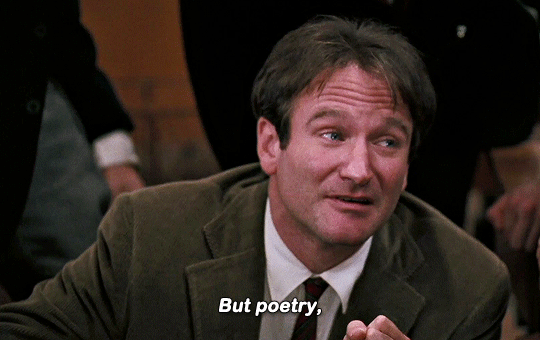
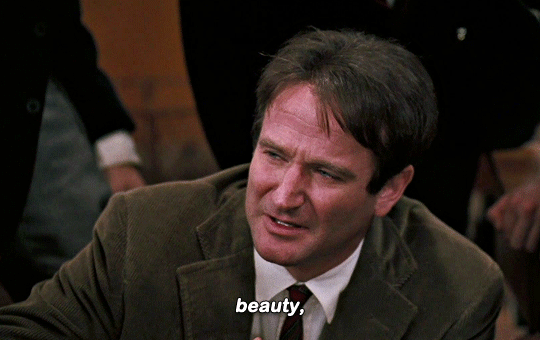
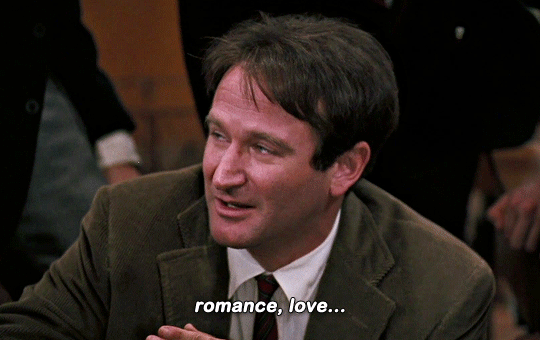
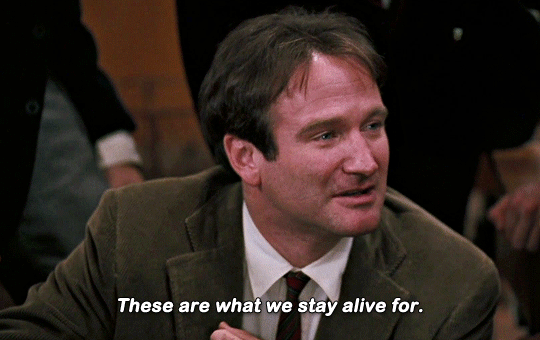
Dead Poets Society (1989) dir. Peter Weir
29K notes
·
View notes
Text

Introduction of Laszlo Kreizler
As soon as I was inside the vestibule I heard the usual shouts and howls—some coherent protests, some simply wails of madness and despair—coming from the cells beyond. At the same instant I spotted Kreizler; odd, how strongly the sight of him has always been associated, in my mind, with such sounds. As usual, his suit and coat were black, and as often he was reading the music notices in the Times. His black eyes, so much like a large bird’s, flitted about the paper as he shifted from one foot to the other in sudden, quick movements. He held the Times in his right hand, and his left arm, underdeveloped as the result of a childhood injury, was pulled in close to his body. The left hand occasionally rose to swipe
at his neatly trimmed mustache and the small patch of beard under his lower lip. His dark hair, cut far too long to meet the fashion of the day, and swept back on his head, was moist, for he always went hatless; and this, along with the bobbing of his face at the pages before him, only increased the impression of some hungry, restless hawk determined to wring satisfaction from the worrisome world around him.
The Alienist, 1997
Caleb Carr
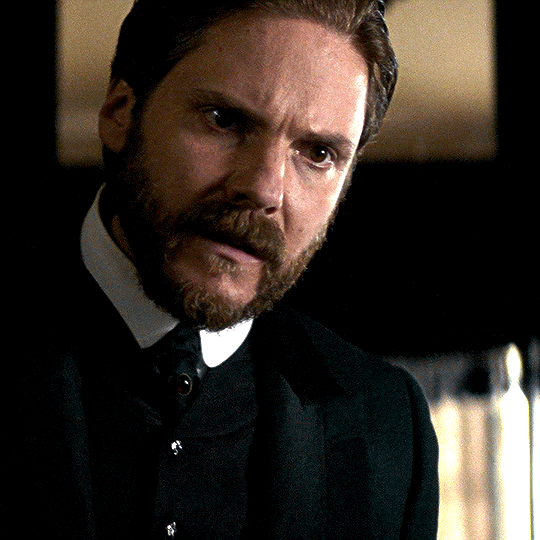
#the last line is perfect#the alienist#laszlo kreizler#caleb carr#novel#literary chunks#literature#1994#book#introduction of characters#character description#john schuyler moore#john moore
7 notes
·
View notes
Text

For a moment I thought that perhaps something had
happened to Laszlo. Certainly that would have accounted for
the fretful way in which Stevie whipped and drove Frederick,
an animal I knew him at most times to treat with complete
kindness. Kreizler was the first human being who’d ever been
able to get more than a bite or a punch out of Stevie, and he
was certainly the only reason the young fellow wasn’t still in
that Randalls Island establishment so euphemistically known
as the “Boys’ House of Refuge.” Besides being, as the Police
Department had put it, “a thief, pickpocket, drunkard, nicotine
fiend, feeler”—the member of a banco team that lures dupes to
the site of the game—“and congenitally destructive menace,”
all by the time he was ten, Stevie had attacked and badly
maimed one of the guards on Randalls Island, who he claimed
had tried to assault him. (“Assault,” in the newspaper language
of a quarter-century ago, almost invariably meaning rape.)
Because the guard had a wife and family, the boy’s honesty,
and finally his sanity, had been questioned—which was when
Kreizler, as one of the foremost experts of the day in forensic
psychiatry, had made his entrance. At Stevie’s sanity hearing
Kreizler painted a masterful picture of the boy’s life on the
streets since the age of three, when he had been abandoned by
his mother, who put an opium habit above caring for her son
and finally became the mistress of a Chinese purveyor of the
drug. The judge had been impressed by Kreizler’s speech, and
skeptical of the injured guard’s testimony; but he would only
agree to release Stevie when Kreizler offered to take the boy in
and vouched for his future conduct. I thought Laszlo quite
crazy, at the time; but there was no doubting that in just over a
year Stevie had become a very different youth. And, like
almost everyone who worked for Laszlo, the boy was devoted
to his patron, despite that peculiar quality of emotional
distance that made Kreizler so perplexing to many who knew
him.
The Alienist, 1997
Caleb Carr
#laszlo kreizler#john schuyler moore#john moore#psychology#xix century#caleb carr#novel#book#the alienist#stevie taggert#stevie#literatura#1994#murder mystery
19 notes
·
View notes